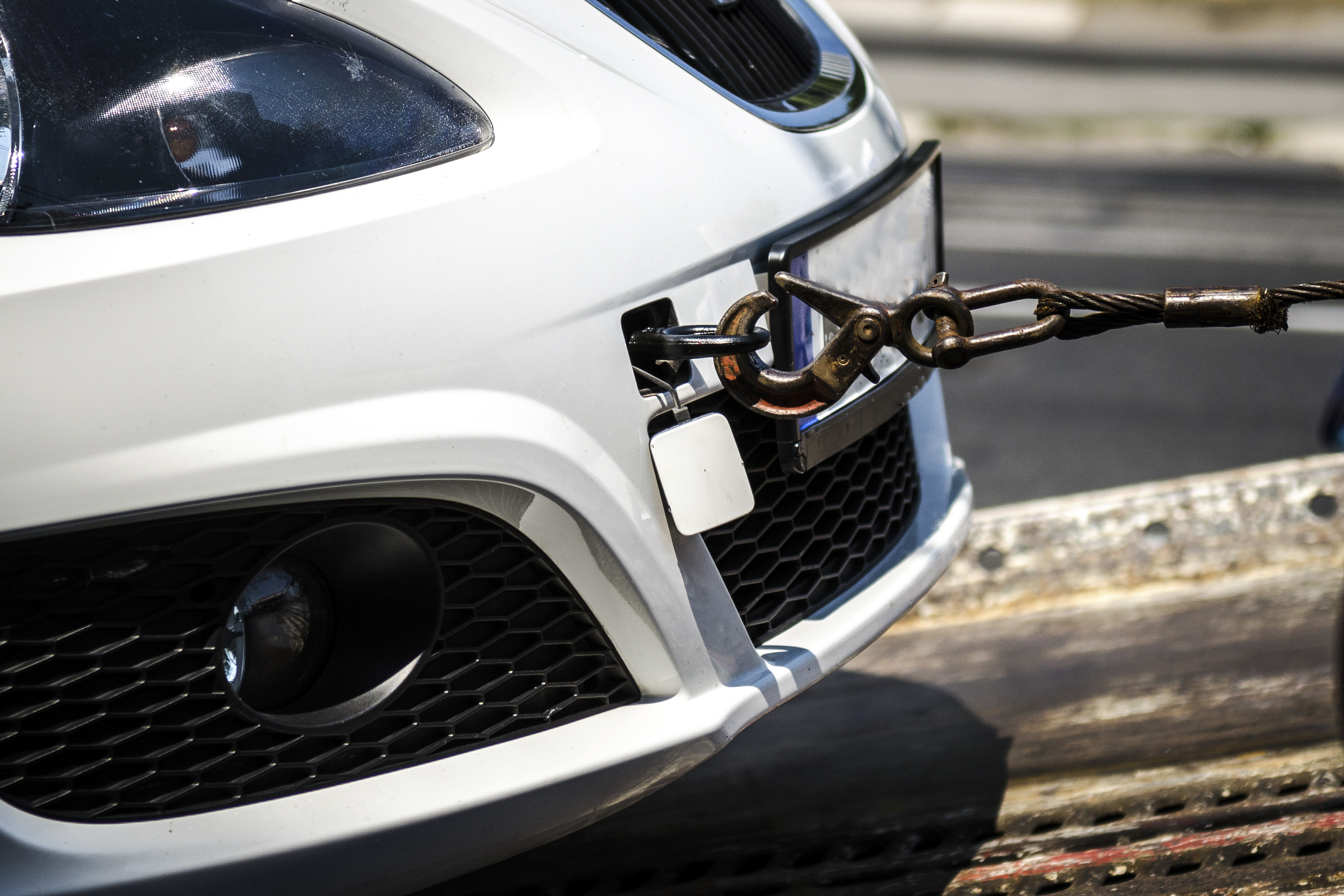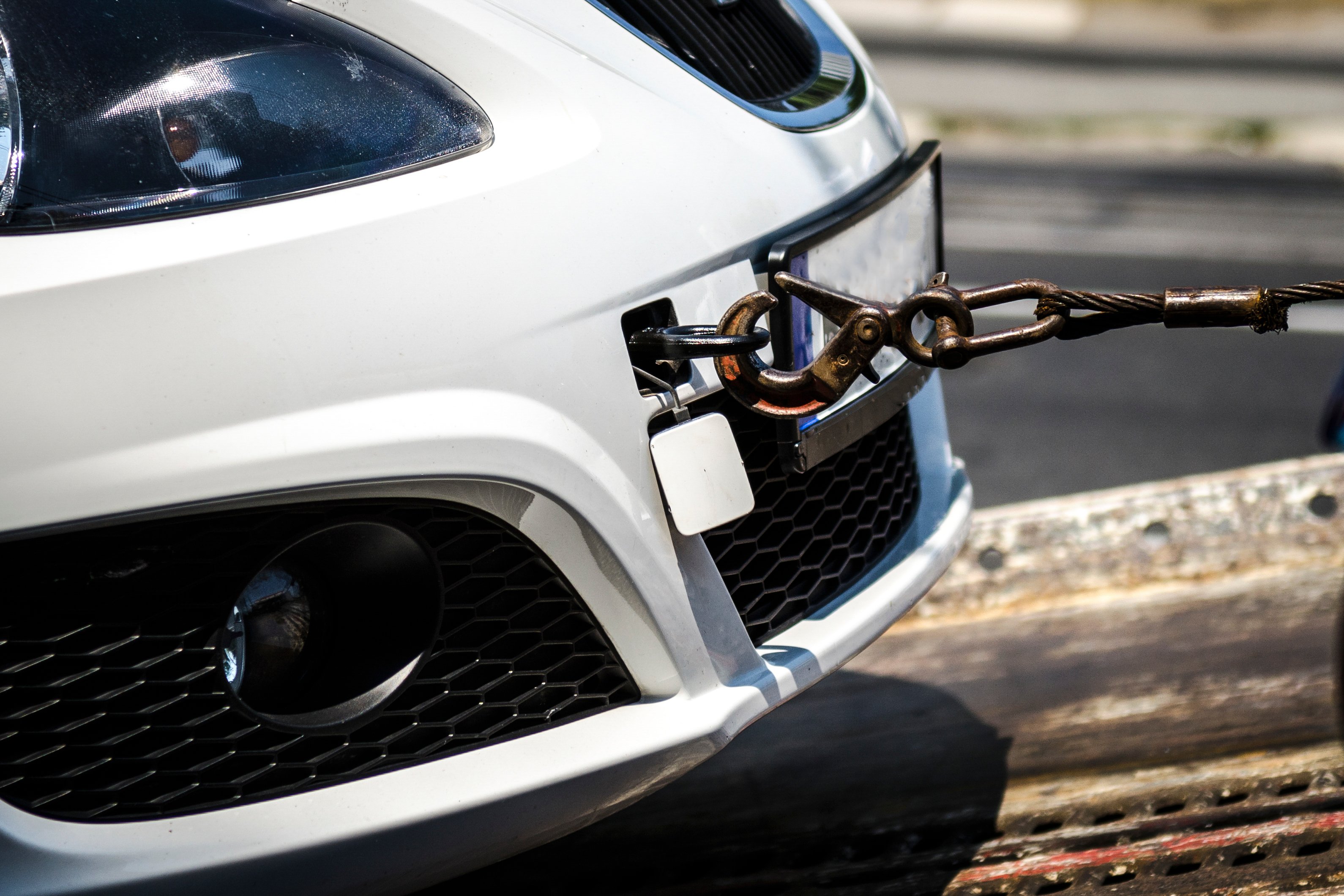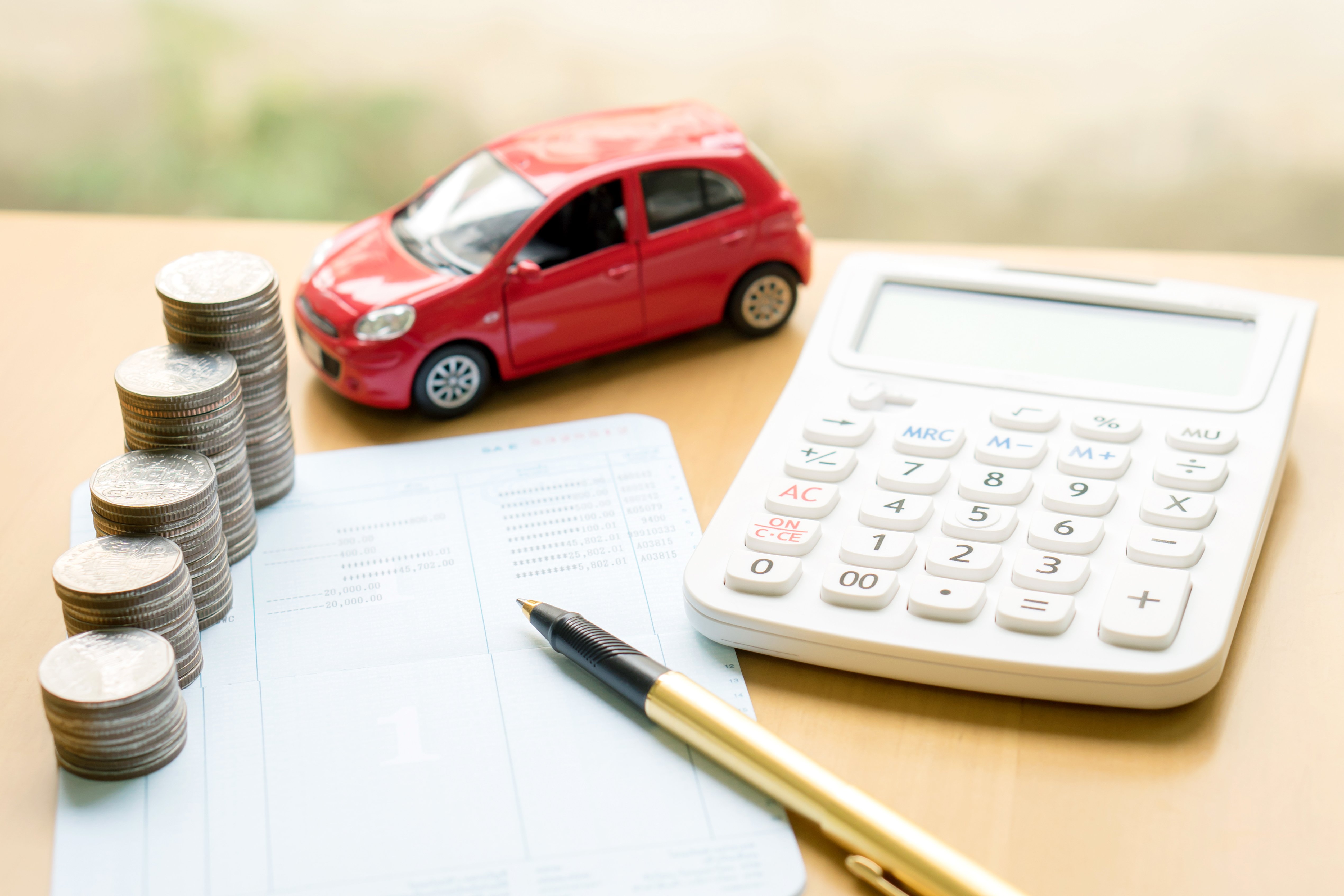Behind on Auto Loan Payments? Here's How to Handle It.
If you feel like you've been struggling to keep up with car payments, you're not alone: According to a recent report from the Federal Reserve Bank of...

When you chose to use a loan to purchase a vehicle you probably had full intentions to make the all your payments on time. However, life happens and sometimes those payment become unmanageable, resulting in you being unable to make those payments. When you stop making payments on your auto loan the lender, by law, has the right to repossess the car. This means the lender will come collect your vehicle from you.

Repossession doesn't occur after one missed payment or without notice. Vehicle repossession occurs when your lender has made multiple attempts to contact you, has tried to work out a better payment plan with you, but the payments are still unable to be made. Repossession is always the last resort for a lender, they would prefer to see you keep your vehicle and continue to make affordable payments.
If you don’t pay on your loan, your lender may have the right to take your vehicle from you. Check your loan contract to see how loan default is defined in your case. When you are in default, most state laws let the creditor take your car at any hour of the day or night. They can do this without notice and can come onto your property to do so.
When lenders repossess vehicles, they want to get back the money they have invested in the cars. So they usually re-sell them. State laws control how they do that. The sale must be done in a “commercially reasonable manner” by law. But that doesn’t mean that your lender has to get the highest possible price (or even a good price) for the vehicle.
If your car is repossessed you may be entitled to buy it back before it goes on the auction block. Usually that means you have to pay back everything you owe, plus various fees. Some states have laws that also allow you to reinstate your loan.
If you owe more than your car is worth, that’s a “deficiency.” For example, if you owe $5,500 on the car and your creditor sells it for $2,500, the deficiency is $3,000. In most states, creditors can sue you for a “deficiency judgment” to collect the loan balance. Several states, however, have consumer protection laws that restrict creditors from suing for a deficiency.
Your creditor’s right to repossess your car has limits. If rules are violated, your creditor may lose other rights against you. They may even have to pay you damages. Repossession is a complicated and serious business. If you’re worried about repossession, contact your state’s consumer protection agency. Learn about the specific rules in your area or contact a private attorney to help you.
If you are struggling to make you auto loan payments, it’s important to talk with your lender about your options as soon as you know you're in trouble. Especially, if you have started to receive repossession notices, you do not want to ignore these attempts from your lender to contact you. Many times it may not be too late to turn things around. We encourage you to reach out for help.

If you feel like you've been struggling to keep up with car payments, you're not alone: According to a recent report from the Federal Reserve Bank of...

We see and hear all over, "Bad Credit Loans", "Credit Repair Loans", "Bad Credit, No Problem Loans", and the list goes on and on. If you know you...

Telling your friends and family "I'm buying my first car!" is one of life’s most memorable moments. Being a first time car buyer gives you countless...